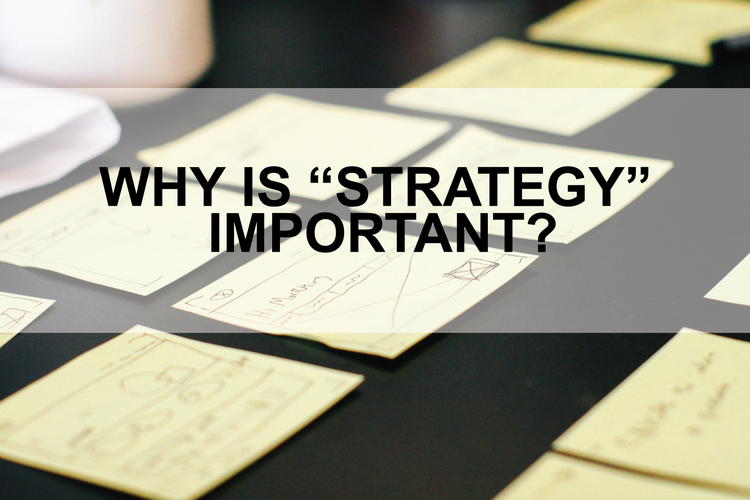
Guest blog by Haney Hong
If you’re familiar with the term “strategic planning,” you may associate it with lofty goal making, lots of time spent in frustrating conversations, and money spent on glossy documents that gather dust; if not, it may just sound like an abstract exercise meant for the brainy eggheads in your company or organization. Truth be told, it’s none of the above if done right and strategic planning may be the very process that helps keep your doors open while your peers or competitors find themselves in varying stages of irrelevance.
Good strategic planning results in an imagined story of your future value to others. And while it isn’t hard to write a good story, it takes a few commitments to let your imagination run. You have to make deliberate assumptions to simplify the future. You have to tolerate risk to achieve something big. And you have to trust your gut and jump. A participant in a recent strategic planning session I facilitated said it well: “You have to place the hard bets, and you have to be willing to ante up.”
Strategic planning writes a story, and next month, I’ll want to discuss with you the process of story writing and get your thoughts about those commitments above. In future months, I’ll also want to dialogue with you on the leadership, followership, and management of change to turn that written story into real life. But before digging into either, I think it’s important to recognize why having a strategy–a story–is so important.
Having worked with organizations of varying missions and at different stages of growth, I’ve encountered some common problems:
- The day-to-day tasks of employees don’t align with business goals or “the-way-it’s-done” putters along inefficiently, lowering morale and motivation. Time–and therefore salary or payroll costs–is spent on miscellany that does not contribute to the core business, and this wasted time and money perpetuates itself.
- There are a lot of good–and bad–ideas on how to make things better, but there’s either no way to share and explore them or no ability for leaders to be secure in their decisions, including resource allocation, on those ideas.
- Work moves along every day with no real challengers (“this is the way we’ve always done it”), but the organization gets caught off guard when someone leaves for a better opportunity, a competitor swoops in and grabs market share, or a new product makes yours irrelevant.
A strategy–a story–is important because it unifies everyone behind what your business does and prevents these common problems from occurring. It motivates your employees to bring their creativity to bear, because they know why they are doing what they do. It gives your leaders an ability to decide what to do, as the story talks about how you bring value to others. It prevents strategic surprise, because the story recognizes many of the villains that will take you off track.
Your strategy is important, because it’s how you talk about your future. But when you forget your story, someone else’s story becomes what’s told.
Post originally published on hdhaa.com.






